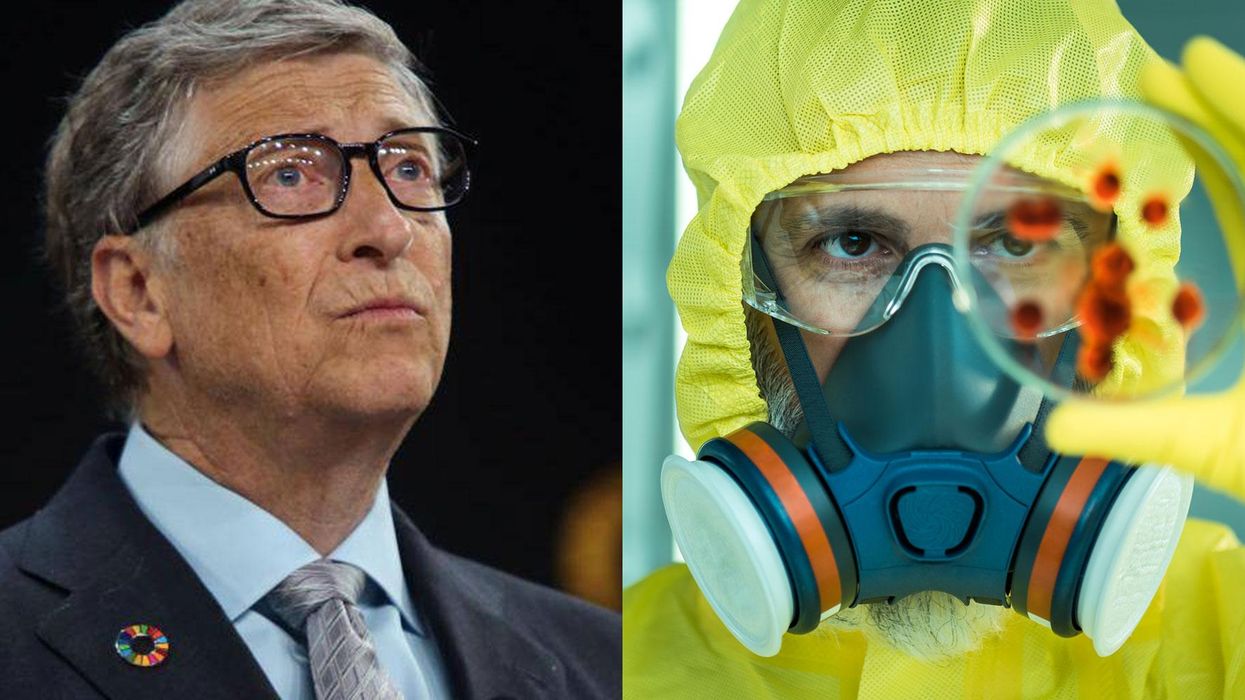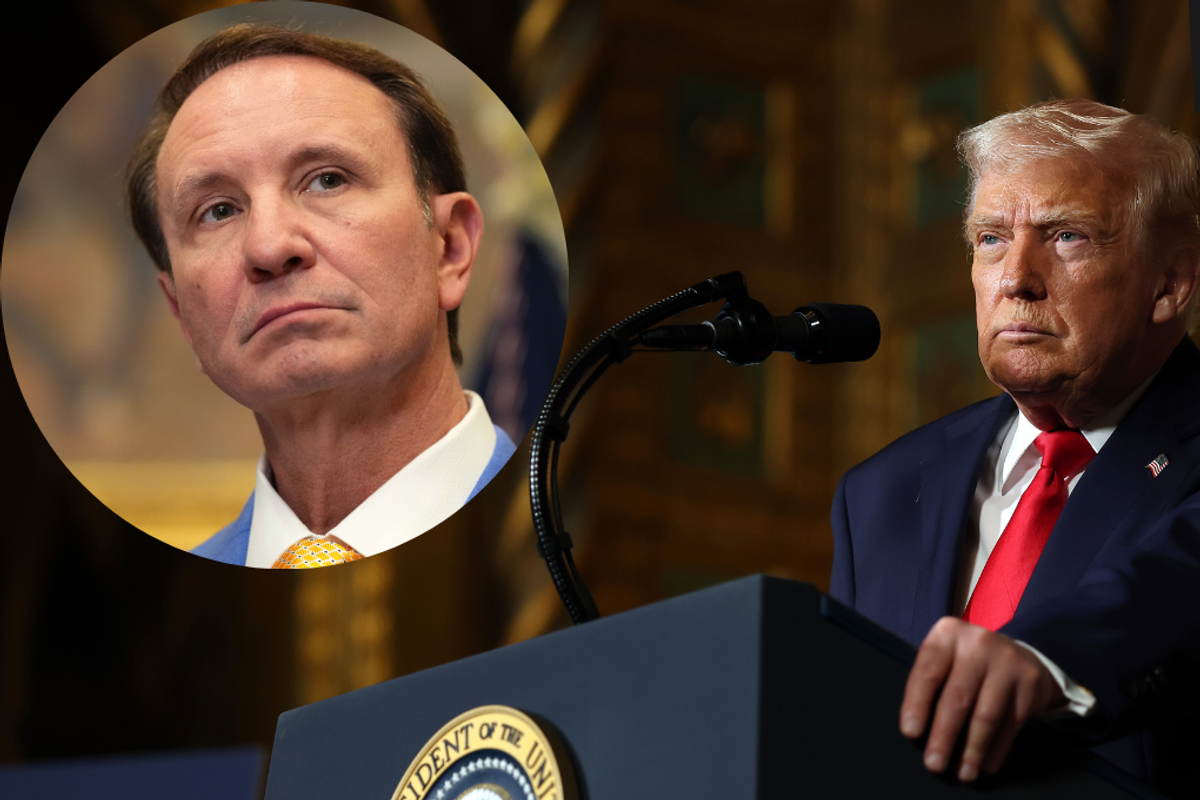News
Greg Evans
Feb 05, 2018

Picture:
YANA PASKOVA/GETTY IMAGES ;iStock / D-Keine
Between 2014 and 2016, the Ebola virus wiped out more than 11,000 people in West Africa.
The devastation of this outbreak led to the creation of an initiative which aims to identify all deadly diseases and respond to them swiftly.
The scheme, which was set up by the US Centres for Disease Control and Prevention, was called the Global Health Security Agenda and was operating in 49 different countries.
Funding for the program, as reported by The Wall Street Journal, is expected to end leading them to scale back on operations in 39 countries by Autumn 2019.
Nations included in these cutbacks include China, Haiti, Rwanda, Indonesia and the Democratic Republic of Congo.
With the setbacks looming on the horizon many experts are concerned about what catastrophic conclusions it could result in.
Bill Gates fears that a new, unknown disease could kill a huge number of people by 2019.
In an op-ed for Business Insider he wrote:
Whether it occurs by a quirk of nature or at the hand of a terrorist, epidemiologists say a fast-moving airborne pathogen could kill more than 30 million people in less than a year.
And they say there is a reasonable probability the world will experience such an outbreak in the next 10-15 years.
Another expert - biodefense expert George Poste, who used to be a member of the Blue Ribbon Study Panel on Biodefense - said:
We are coming up on the centenary of the 1918 influenza pandemic.
We've been fortunately spared anything on that scale for the past 100 years, but it is inevitable that a pandemic strain of equal virulence will emerge.
News of the Global Health Security Agenda demise couldn't have come at a worse time as the threat of disease hasn't subsided in the past five years.
Last Monday, over 200 health organisations wrote a letter to Health and Human Services Secretary Alex Azar to express their concerns.
An extract from the letter reads:
Pulling out now from countries like Pakistan and Democratic Republic of the Congo — one of the world’s main hot spots for emerging infectious diseases — risks leaving the world unprepared for the next outbreak.
Now is not the time to step back.
The ongoing danger that biological threats pose to American health, economic, and national security interests demands dedicated and steady funding for global health security.
The authors of the letter are hoping that they will be able to convince President Trump and Congress to continue funding for the project.
More: Bill Gates has revealed what he would do if he was forced into poverty
More: How to avoid catching diseases from a public toilet, according to an NHS physician
Top 100
The Conversation (0)













